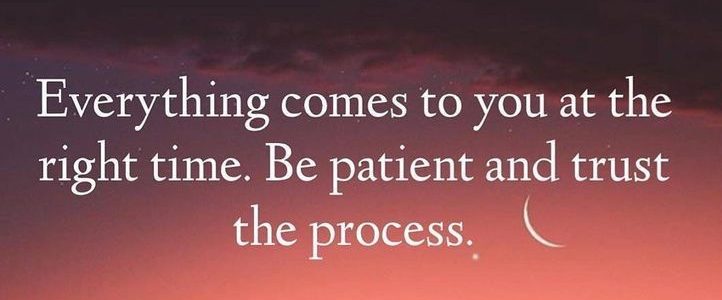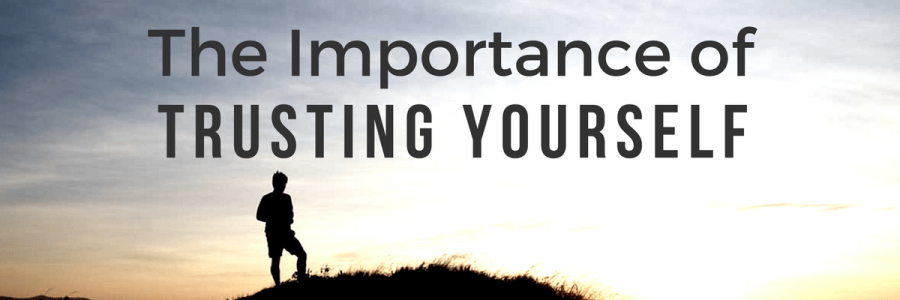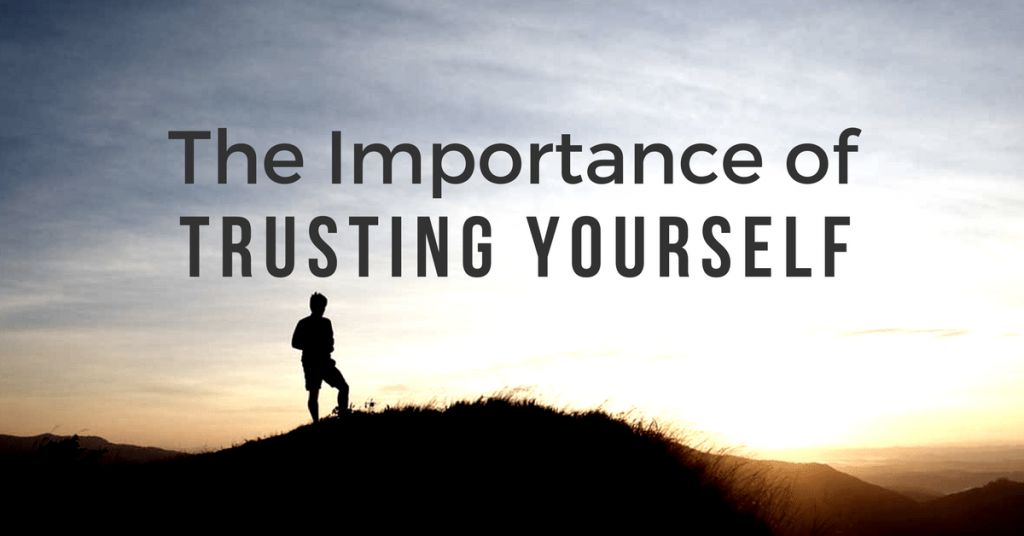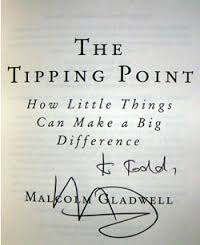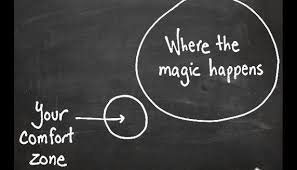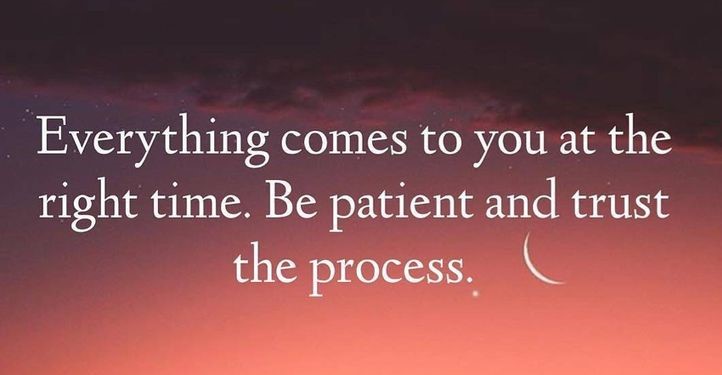
Heeellloooo…..so here I am with my musing #3 about one of the key challenges that, in my experience, coaches or mentors can often face in the wholehearted endeavour of their practise. The theme of this article is the much coveted subject of trusting oneself to respond, engage, give feedback and most of all be yourself. For me this means your capacity, capability and most of all gut instinct, sense or intuition. This is by far the most common theme and topic that arises with my coaching supervision clients – not as a presenting piece but manifests often as holding back, giving much more ‘support’ than ‘challenge’ and/or struggling to stay present.
The ‘Sweet Spot’ of Coaching Conversations…
I work very much as a coach aligned with my ongoing commitment of continuing to aim for the ‘sweet spot’ in coaching conversations. And this ‘frame’ is predominately what I work with as a supervision tool with my coaching clients. This is the purpose of always aiming for this beautiful, delicate balance of: the self (bringing myself 100% to the conversation), the other (being aligned 100% with who/where they really are) and the context (purpose, wider context/systems, current reality and any agreements). For me this matters because:
- Self – if I don’t fully ‘show up’ I’m not being real, open, honest with my client and thus my falseness/pretence shows up instead. This means how I ‘present’ is a false persona engaging in the conversation, not the real me. The consequence of this is that the conversation may not be based in ‘reality’ and not addressing what’s really going on. I’m also significantly more likely to behave in ways that serve my pretence, not my client;
- Other – if I’m unaware of what’s going on for me (as above) or I am under the illusion that I know how my client should be or behave – I am not aligned with the reality of who, how or where they actually ARE. The consequence of this is that again my pretence or judgements/illusions are now running the show. Again I’m significantly more likely to behave in ways that serve ME and my idea of how they ‘should be’, not the actual client in front of me;
- Context – if I’m unaware of what’s going on for me (as above) and go off on my own trajectory or I forget or avoid upholding contracting agreements (including boundaries, wider objectives, client objectives) – I am thus missing the reality of the context. I’ve gone off on a different path, potentially not in partnership or agreement with my client and again my focus may become serving my purposes rather than the client.
I have found the wonderful thing is about this aim is…this is an ongoing dance of self mastery and skill to balance. Plus life or events that evolve in coaching conversations will always let us know if something is ‘off’ in this delicate balance. This could be our client behaves differently, disengages, we feel uncomfortable or off balance and/or an issue of some sort arises. For me this IS the graceful and beautiful flow of the coaching conversation and highlights the crucial important of self-awareness/development for coaches.
Master and Know Thyself
I’ve found over time that my ability to hit the mark or this sweet spot is very much dependant on my ability and willingness to master my ‘self’. This means continuingly letting go of any notions that I know how anything should be and being with things as they really are. ‘Real’ reality as my coach calls it. As above, this is in terms of my (self), client and the context. This still applies even if I’m challenged, uncomfortable or disliking what I’m seeing/hearing.
At the crux of this self mastery is my willingness to keep challenging, learning and being open minded – and most importantly open hearted. And the essential to this mastery I’ve found is the willingness to trust me, my instinct, sense, gut feeling. I have found even if my instinct isn’t bang on, my willingness to trust it can dramatically open up a conversation. This focus on not holding back has included challenging, supporting and the heartfelt acknowledgement of the other soul I see in front of me – doing their best. This has also included me feeding back what I’m seeing even if this is uncomfortable. Or indeed if this may lead to results that I don’t like or want. I’ve found the most transformational, powerful and connecting coaching conversations I have had occurred when I’ve said what seemed fearful, silly or obvious.
What’s on Offer for You as a Coach or Mentor?
Here my 3 trusting thyself ‘I’s’ to self-reflection on and be courageous in actively practising:
- Intuition/Sense – we all have this, for some its more of a ‘sense’ of something…however whatever this is for you and when you get that urge to say what’s popped into your head or heart…Go for it! There may be a discernment of course as to whether this is in alignment with the purpose of the session or context of coaching, however even if it wasn’t I suggest you’ll find out pretty quickly from the results you get. Be brave!
- Instinct – now for me this can be a different beast, sometimes it literally is a feeling in my gut and at other times it’s a sense of/intuition for what’s needed, wanted or evolving in my clinet’s behaviour or the context. Again there may be a discernment, either way TRUST IT/YOU;
- Interpretation – now this is the one that I find can be more of an art and takes a higher degree of self-awareness and willingness to challenge oneself. This is the art of separating the ‘data’, (i.e. what you heard your client actually say or do) and your interpretation of this. This is important because it can be a very human thing to ‘add on’ meaning to what is said/done. So do take time to notice any differences here because this will highlight a golden nugget for you – any beliefs or stories you may have created (from your own experiences).
I hope this musing ignites, evokes or resonates something in you and for you.
Please do let me know your thoughts, feedback…I’d love to hear them!

